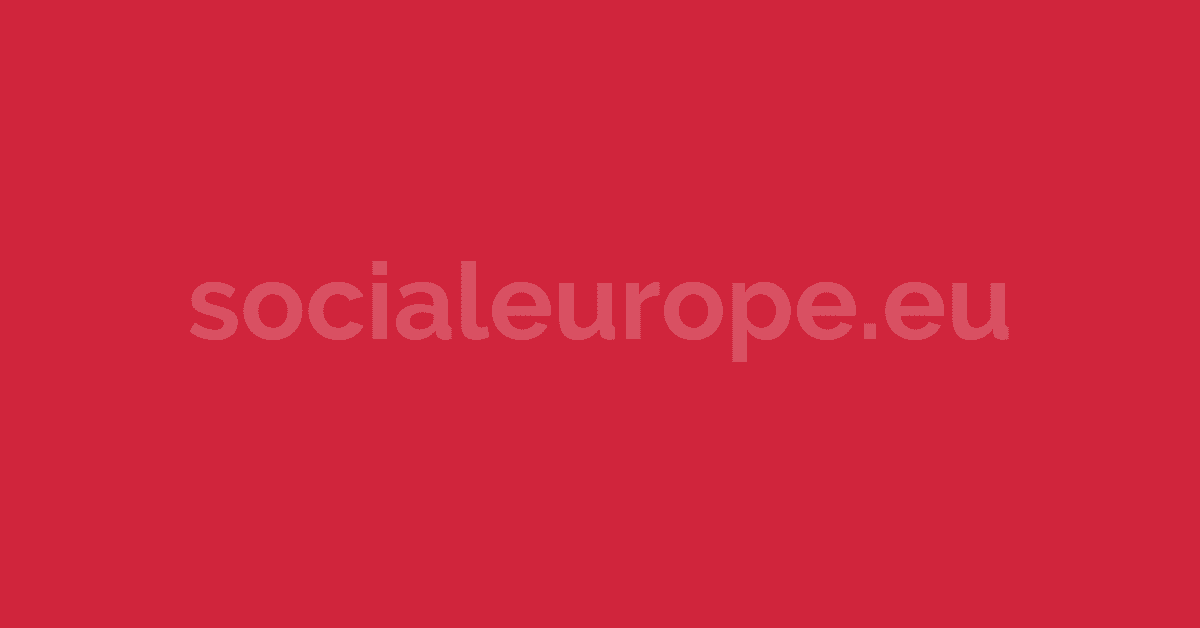
How to puncture the populist right in Europe
The far right’s national-populist narrative has gone largely unchallenged—despite its utter incoherence.

The far right’s national-populist narrative has gone largely unchallenged—despite its utter incoherence.

Global challenges have left only one option off the table for the European Union—inertia.

Meeting the challenge of climate change requires social democracy to come up with a new social paradigm.

After four decades, the pandemic and especially the climate crisis have silenced the exponents of fiscal orthodoxy. Keynes is back.

The European Green Deal doesn’t deserve uncritical support—but nor does it need sniping from the sidelines.

The nationalist left offers one response to neoliberal globalisation. The wrong one.

Should social democracy tack towards populists wooing its electorate with xenophobic slogans? The crisis of the left demands instead a positive alternative to social insecurity.

The week after the UK voted to leave the European Union, Nigel Farage went to the European Parliament and boasted that this was the beginning